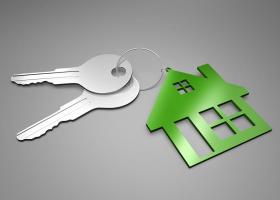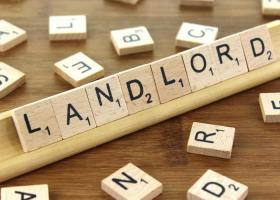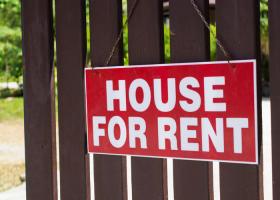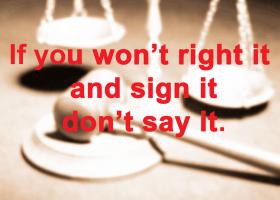Landlord Obligations and Responsibilities
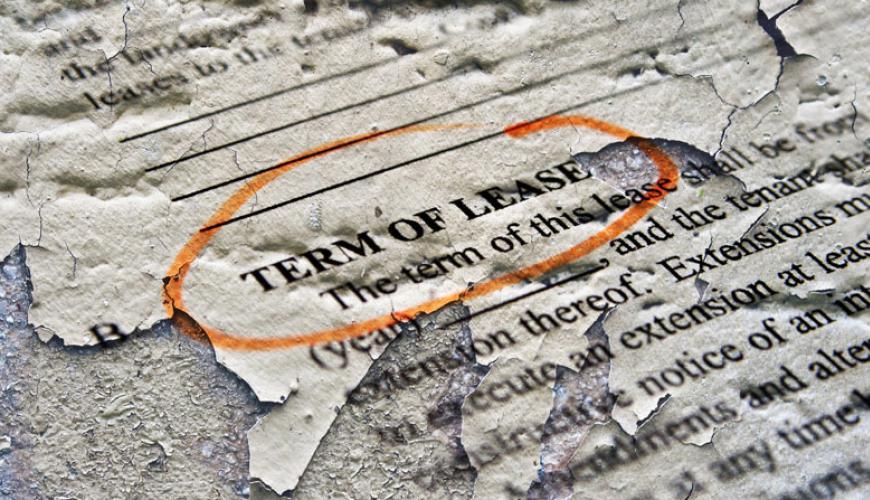
Repair the rental property
A landlord must keep a rental property in a good state of repair. All things that the landlord provides to the tenant must be kept in working order. This could include items such as:
- electrical, plumbing or heating systems,
- appliances,
- carpets in the unit or common areas,
- walls, roofs, ceilings,
- windows, doors, locks, lighting,
- garages, laundry rooms, patios, walkways or pools.
If something no longer works because of normal “wear and tear,” the landlord must repair it so that it works properly, or replace it. When something is replaced, however, the landlord does not have to supply a new or better model.
For example, if a stove supplied by the landlord cannot be fixed and must be replaced, it does not have to be replaced with a newer model with more features. Also, the landlord could replace it with a used stove, as long as the used stove works properly.
Meet property standards
A landlord must make sure that the rental property meets health, safety, housing and maintenance standards. These standards are set out in municipal bylaws or provincial maintenance standards.
Follow the fire safety laws
The landlord must follow all fire safety laws. Information about fire safety laws for rental properties can be obtained from your local fire department, or from the website of the Office of the Ontario Fire Marshal.
Not to interfere with vital services
 “Vital services” are hot or cold water, fuel, electricity, gas and, during certain months of the year, heat. Where a landlord provides heat, it must be kept at a minimum temperature of 20° Celsius from September 1 to June 15.
“Vital services” are hot or cold water, fuel, electricity, gas and, during certain months of the year, heat. Where a landlord provides heat, it must be kept at a minimum temperature of 20° Celsius from September 1 to June 15.
If a landlord provides any vital service to a tenant, the landlord cannot withhold the reasonable supply of it. This rule applies even if the tenant’s rent is overdue, or the tenant has caused damage to the property.
If a rental agreement says a tenant must arrange for the supply of one or more of these services (for example, the tenant pays the hydro company directly for electricity), the landlord cannot deliberately interfere with the supply of those services.
Note: If the supply of a vital service to a rental unit is cut-off because the landlord failed to pay their bills, the landlord will be considered to have withheld the supply of that service. However, if the supply of a vital service is cut-off because the tenant failed to pay their own utility bill, the tenant cannot claim that the landlord withheld a vital service.
Landlord must give notice to enter the rental unit
A landlord may enter a rental unit to inspect for maintenance problems, make repairs, do work or replace something. If a landlord wishes to enter a rental unit for one of these reasons, the landlord must give the tenant written notice at least 24 hours before the landlord plans to enter.
The written notice must include:
- the reason why the landlord wishes to enter,
- the date the landlord will enter, and
- a time of entry between 8:00 a.m. and 8:00 p.m.
Can a tenant withhold rent because their landlord isn’t properly maintaining their building or unit?
No. If the tenant withholds rent, the landlord can give the tenant a notice of termination for non-payment of rent and then file an application to evict the tenant. There are other options for dealing with maintenance problems.
Does a landlord have to renovate a rental unit before a new tenant moves in? Or, renovate it after the tenant has lived there a couple of years?
No, the landlord is not required by law to ‘update’ a rental unit with renovations like carpeting and painting when a tenant moves in, or after a tenant has lived there for a certain number of years. The landlord is, however, responsible for providing and maintaining a residential complex and the rental units in it in “a good state of repair and fit for habitation”. The landlord must also comply with any health, safety, housing and maintenance standards that apply to their property. So, for example, if the carpeting is unsafe because it is badly ripped and might cause someone to fall, the landlord may have to replace or repair it, no matter how old or new it is.


